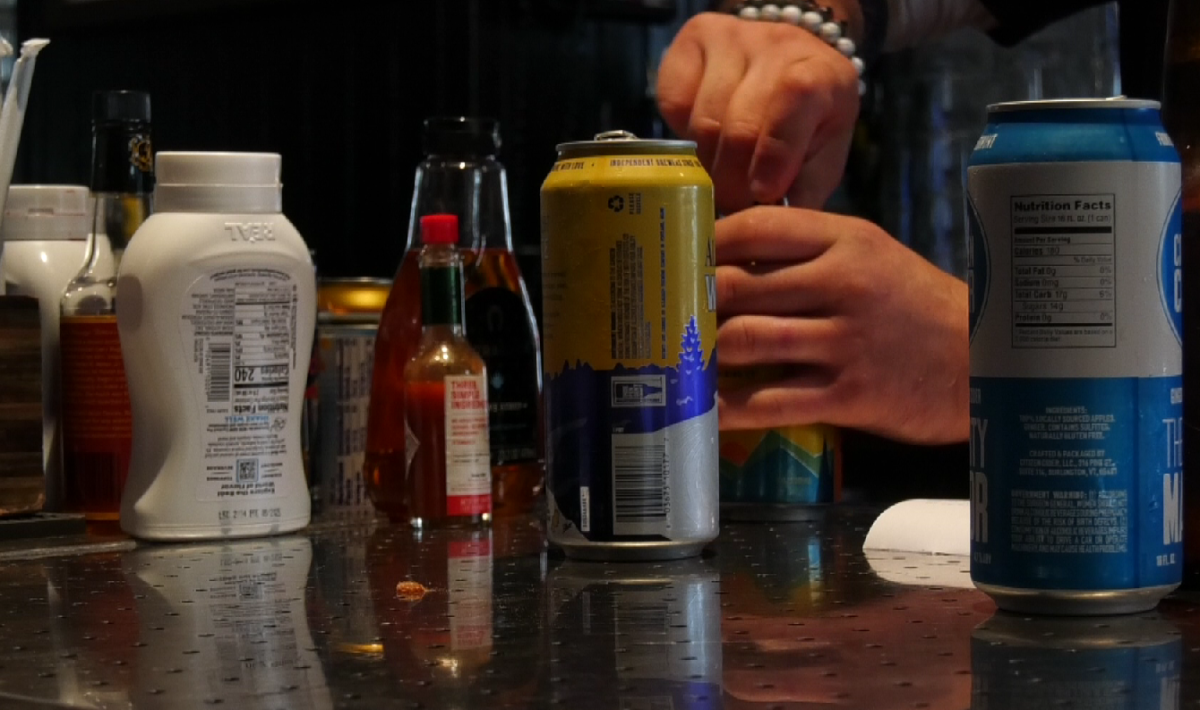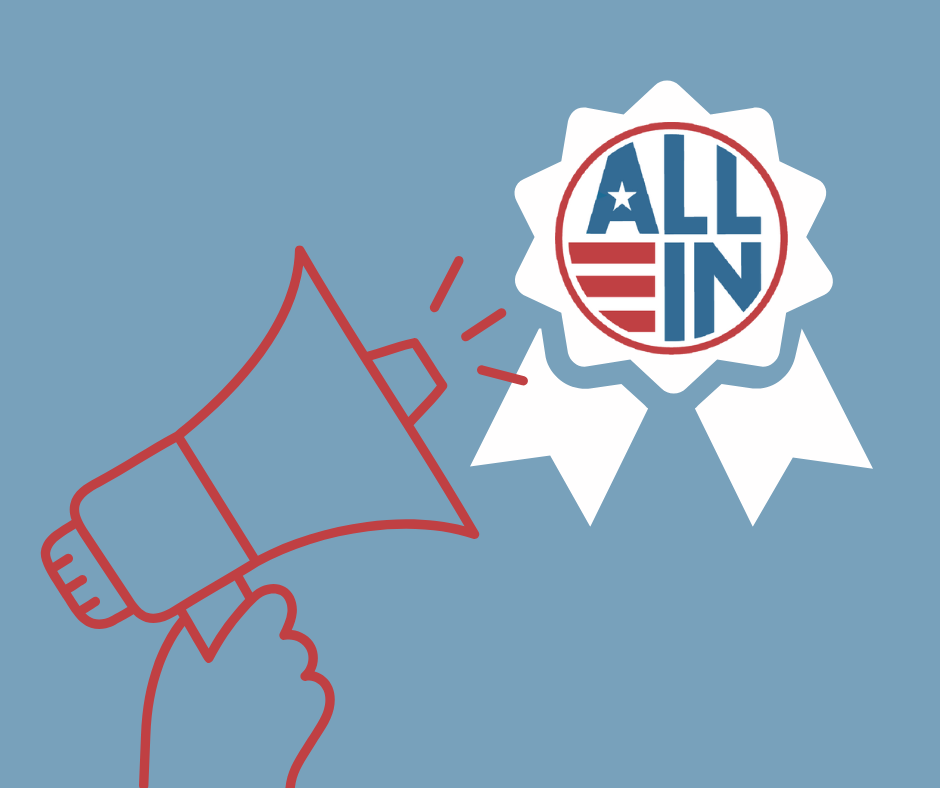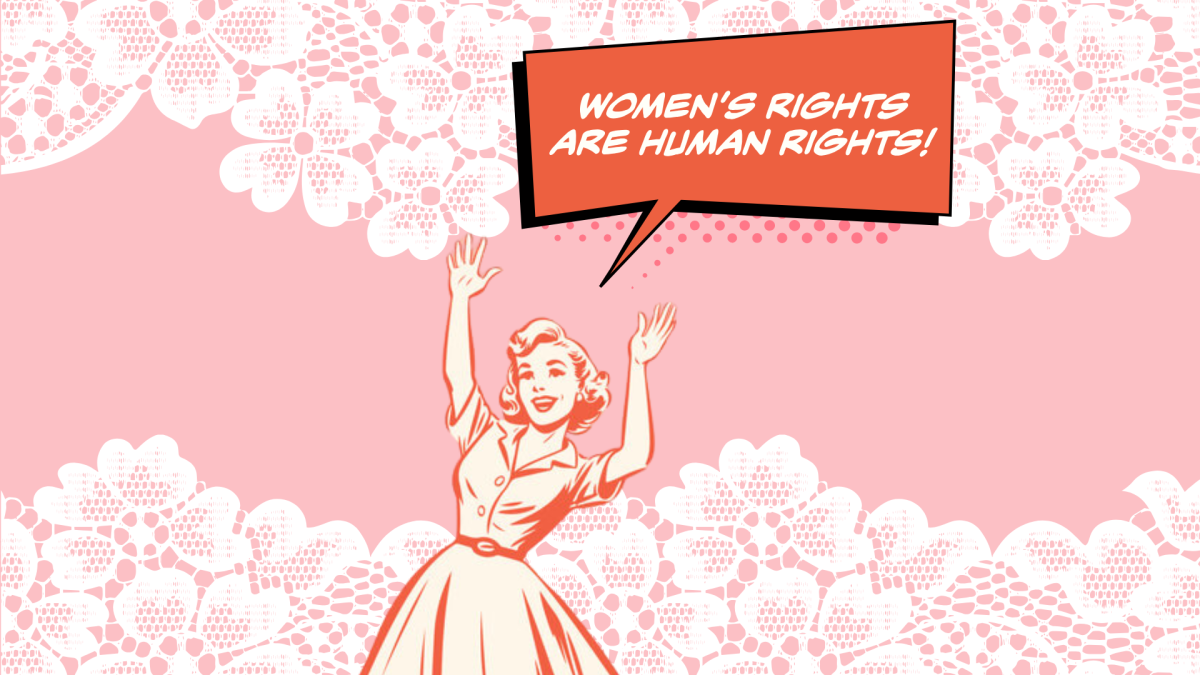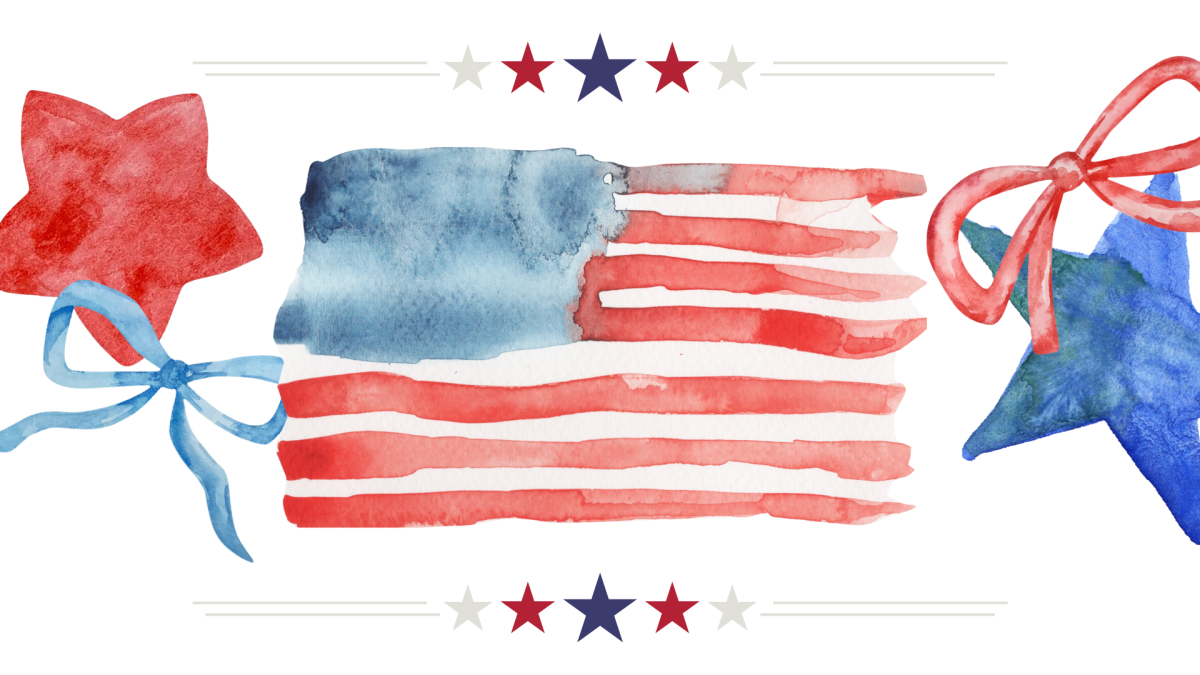Massachusetts ballot Question Five intends to impose a minimum wage increase on tipped employees if voted into action. With many restaurant workers struggling to imagine their life with this change, outside of the industry people struggle to understand what this change would truly mean.
Funding and support on both ends of the argument have increased over the year as election day gets closer, making this question very contested approaching Nov. 5.
A vote for “yes” on Question Five would begin a process of incremental raising wages for current tipped positions until it matches the state minimum wage on Jan. 1, 2029. This would also allow restaurant owners to pool tips with any area of the restaurant, including back of house staff.
A vote for “no” on Question Five would maintain the current functionality of restaurants in Massachusetts, with the tipped wage remaining $6.75 and having tips remain only between service workers.
The Massachusetts Restaurant Association has firmly opposed Question Five.
Jessica Muridian, the Director of Government Affairs for the Association believes this has not been an issue for service industry workers in Massachusetts
“Servers, bartenders, restaurant operators, everyone in restaurant work did not ask this question,” said Muridian.
A major group that has been encouraging people to vote “yes” on Question Five, One Fair Wage, is an out of state group that has been working to bring this wage change to Massachusetts. States like Alaska and California only have one minimum wage regardless of tips.
“Massachusetts tipped workers deserve the full minimum wage with tips on top. Workers in seven other states earn a full wage plus tips and they enjoy robust tips in restaurants where menu prices are comparable to Massachusetts,” said Estefania Garcia, a representative and affiliate of One Fair Wage.
Muridian said she believes the question ignores the realities and feelings of the people its passage would impact.
“They are trying to tell servers and bartenders what is best for them, but these servers and bartenders in Massachusetts have vehemently opposed this question. There has been polling done of servers in Massachusetts. 86% say the current tipping system works for them. 88% oppose a mandatory tip pool where tips are shared with non-service staff. 90% believe that if tipped wages are eliminated they will earn less,” said Muridian.
In addition to workers, Garcia said that because many Massachusetts small businesses are paying their employees minimum wage plus tips, big restaurant corporations should have to do so as well, “reducing employee turnover and improving service quality.”
“Big restaurant corporations are not paying their fair share and are forcing consumers to cover their employee’s wages through tips. Tips should be a reward for good service, not a subsidy for low wages paid by large corporations,” Garcia said.
Feelings about these incentives for change have been a point of contention for many in the service industry. Payton Geraghty, a recent Suffolk graduate, worked as a server and bartender for most of college. She will be voting for “no” come election day.
“It’s just about knowing hours will be cut short for people and no one will tip anymore because they will think everyone’s getting paid fair when in reality they’re not. Also tips may be pooled between everyone instead of earned,” said Geraghty.
Geraghty, among other service workers, have been voicing their opposition to Question Five. The MRA has seen an outpouring of service workers like Geraghty who will be voting “no.”
“This has been a real grass-roots effort on the side of ‘no.’ Restaurant owners, servers and bartenders are the ones letting their voice be heard. We’re working with them to let folks know what they want. You will see servers, bartenders, they have donated to the ‘no’ fund. I am happy to say that we are the only side that servers and bartenders have donated to,” said Murinian.
In and around the Boston area, local pubs and bars have been taking measures against ballot Question Five as well. One local bar, Beantown Pub, has even gone as far as making t-shirts for staff to wear in place of day to day uniform reading: “This server/bartender is voting NO on Question 5.”

Beantown Pub owners, brothers Roger and Willie Zeghibe, are strongly encouraging voters to vote “no” come election day, along with the general manager of the Beantown Pub, Sharon Walsh.
“It’s not good for this industry at all. It’s not good for the server who is going to make less money, it’s not good for the owner who is going to have larger costs, and it’s not good for the consumer who is going to have to pay more for the product. Every tier of this is bad,” said Roger Zeghibe.
Servers and bartenders can comfortably enjoy a flexible schedule while earning a living wage, with the majority of them making at least $20 an hour, according to manager Sharon Walsh.
“We pay our back of the house very well,” said Walsh. “The servers already have to pool tips with bartenders, and now asking them to pool with people who make more than minimum wage is unfair to servers. You’re doing completely different jobs. In America, if you do a good job, you’re rewarded with a good tip.”
The three are concerned that Massachusetts residents are not educated on the bill at hand, and are looking at it without a critical eye and deeper empathy for those the bill will actually be affecting.
“It’s going to be an incremental phase and I don’t think people understand that. It’ll take four years, it won’t be right away,” said Walsh.
For Willie Zeghibe, this question is proposing a solution that is not necessary and will only cause more issues for restaurants.
“By law, no matter what, servers have to make minimum wage. Either way servers are getting it. If people actually understood what the bill was, it wouldn’t even be a discussion. It’s going to hurt very small pubs that are struggling now and restaurants. It could put them out of business within a year or two,” said Zeghibe.
A large fear present in the industry now lies in the potential wave of closures around Massachusetts, and especially the city where there are a larger number of small, single location companies that have been in the city for years and are already struggling.
“Restaurants are only just coming back after COVID. It’s just another knife in the back,” said Walsh.
The tug of war between yes and no votes is becoming more pressing as election day nears, with servers, bartenders, and restaurant owners nervous and eager to receive the ballot’s outcome come November.





















